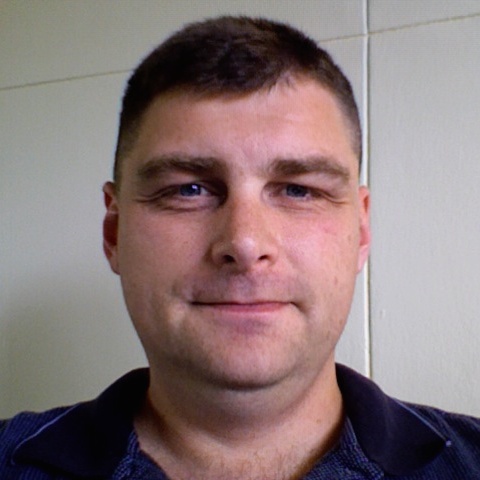One way or another, you feel stuck.
Perhaps you are faced with unattractive options, and you are sure there is another, better, way. Or you just can’t bring yourself to initiate a course of action. Maybe the situation is so complex that following a single thought seems impossible, and you feel like every thread you pull worsens the snarl.
You know hiring a trusted thinking partner is an option, even a good one. But it’s the trust part that is the sticking point. The very things that made you successful: independence, tenacity, resourcefulness, and establishing high expectations, make trust a hard thing to offer.

Upsight Can Help
Clients first: Putting patients’ interests first is a core value for physicians. Erik’s favorite thing about being an anesthesiologist is helping patients, and their loved ones, feel confident as they head into surgery. That can’t happen without first earning trust.
Comfortable with complexity: At its core, practicing anesthesia is about optimizing the chances of successful outcomes when facing factors that can’t be fully controlled, or sometimes even known. Understanding how changes in one subsystem causes feedback across the whole ecosystem is essential. Considering multiple options and second order effects are second nature.
Embracing ambiguity: In the high-stakes, rapidly-evolving environment of an operating room, getting tunnel vision can literally be deadly. So can being unable to decide. Erik developed skills to avoid these traps even before honing them as an anesthesiologist. As a Navy medical officer assigned to 1st Marine Division the mantra “a good plan executed now is better than the best plan executed too late” was a guiding principle. Attention to detail, flexibility, questioning assumptions, and constant reassessment were keys to success, and continue to be central to Erik’s approach today.
Novel perspective: Most professionals learn a standard way to approach problems that is effective in their field of expertise. An engineer and a lawyer might approach moving a group of reluctant people from one side of the room to another differently, for example. Physicians (and even different physician specialties) employ distinctive methods for evaluating situations and thinking about solutions, but access to people with these skills is rarely available outside the healthcare setting.
Professionalism: Professional associations establish standards of training and behavior, and frequently promote innovation and professional development. Erik is a of member of the International Coaching Federation (ICF), which recognizes him as an Associate Certified Coach (ACC). He is a graduate of the ICF accredited professional coaching program at UC Davis. Membership, training, and certification by a professional society is not required to work as a coach, but affiliating with people who who support each other toward ongoing improvement in the pursuit of excellence, and who adhere to professional and ethical standards, is another natural outgrowth of Erik’s core values.
Partnership: There are plenty of people who would love to run you through their prefab program. But recipes only work well if the underlying assumptions are true. At Upsight, we never assume your situation is like everyone else’s. We focus on what is best for you, not what is best for most people with a similar situation.
Let’s work together to navigate whatever challenging circumstances are stressing you the most right now.
When you gain the right perspective it is amazing what you can overcome.
